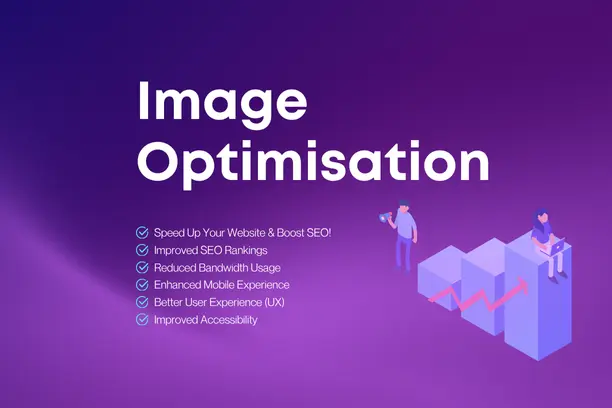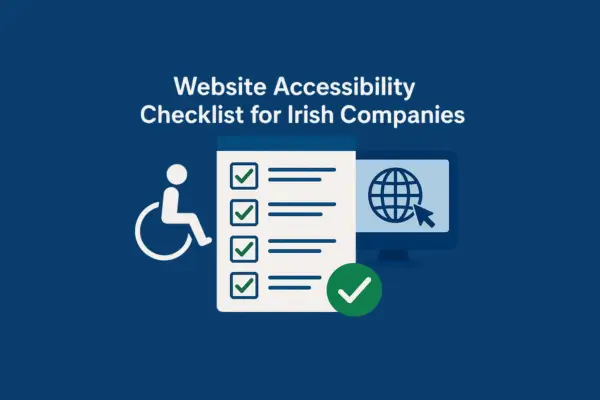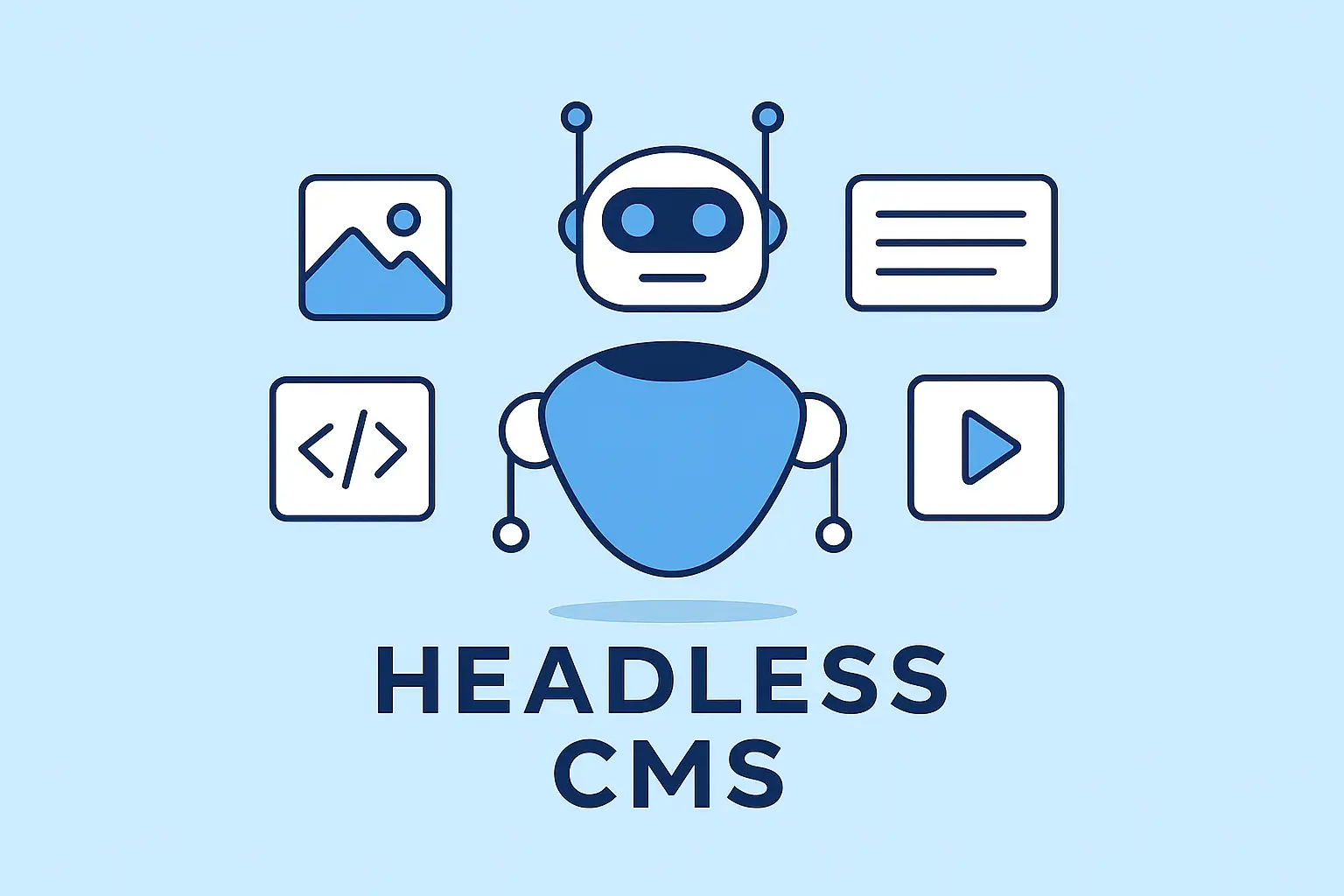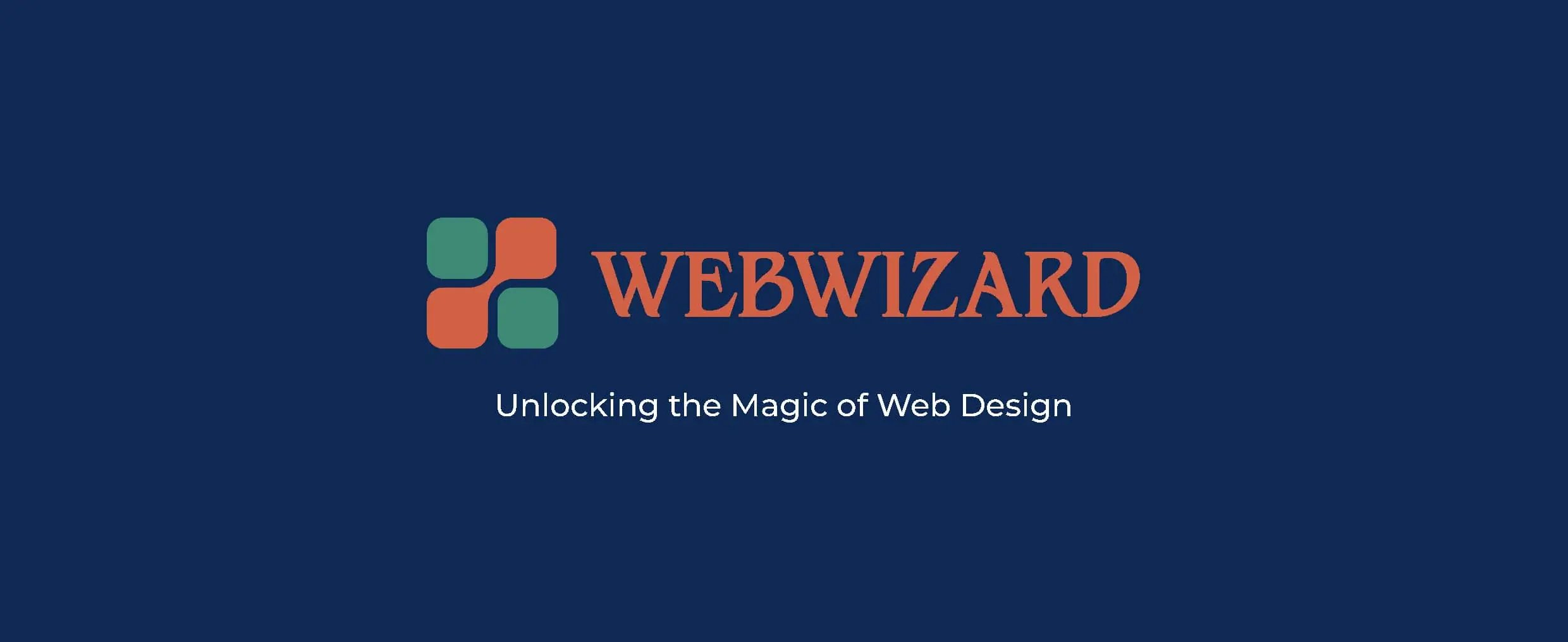Updatated on Sep 28, 2024
Introduction
In today’s fast-paced digital world, businesses often struggle to choose between a web app or a website for their online presence. While both are accessible through web browsers, they serve different purposes and provide distinct user experiences. In this blog post, we’ll explore what web apps are, how they differ from websites, and when you should choose one over the other.
What Is a Web App?
A web application, or web app, is an interactive tool that runs in a web browser and performs specific tasks. Unlike traditional websites, which are often static and primarily used for displaying information, web apps are designed for user engagement. Think of popular services like Gmail, Facebook, or online shopping platforms—these are web apps where users can interact, make purchases, send messages, and more.
Web apps are dynamic, processing real-time requests and returning data based on user input. They are typically more complex than websites, as they rely on databases and perform advanced functions like form submissions, file uploads, and payment processing.
What Is a Website?
A website is a collection of publicly accessible, static web pages that serve to provide information. Websites are commonly used for blogs, company profiles, news outlets, and portfolios. Their main goal is to display content, and any interaction on a website is often limited to navigating through pages, reading information, or filling out simple forms.
Websites are generally simpler than web apps in terms of development and functionality. They are primarily designed to be informative, allowing visitors to learn about a company, service, or product, without any need for complex interactions.
Web App vs. Website: Key Differences
-
Purpose
- Web App: Designed to perform specific tasks and allow user interaction, such as making purchases, logging in, or submitting forms.
- Website: Primarily used to display static content and provide information. Interaction is limited to basic navigation or filling out contact forms.
-
Complexity
- Web App: More complex, as it requires both front-end (user interface) and back-end (data processing) development. Web apps handle user requests in real time and return tailored results.
- Website: Simpler, with a focus on content and design rather than complex functions. Websites typically have fewer moving parts and serve only to provide static information.
-
User Interaction
- Web App: Web apps encourage user interaction by allowing users to engage in tasks such as booking appointments, sending messages, or buying products. User input is central to the app’s functionality.
- Website: Websites offer minimal interaction. Users may read articles, browse content, or click on links, but they do not engage with dynamic features that change based on input.
-
Development Time
- Web App: Building a web app is more time-intensive due to its complexity. It requires extensive testing, security measures, and user-friendly design elements.
- Website: Websites can be developed more quickly, as they are less complex and usually focus on layout, content, and basic functionality.
-
Maintenance and Updates
- Web App: Web apps require regular updates to add new features, improve functionality, or fix bugs. This means ongoing maintenance is essential to ensure a smooth user experience.
- Website: Websites generally need less maintenance since their content and structure do not change often. Updates might include adding new content or tweaking the design.
-
Performance
- Web App: Web apps need robust infrastructure to handle user input, process data, and deliver fast responses. They are resource-intensive and require powerful servers to run efficiently.
- Website: Websites typically have lighter requirements and load faster because they don’t process complex user interactions or handle large amounts of data.
When Should You Use a Web App?
Web apps are the right choice when your business requires real-time user interaction and complex functionalities. Here are some instances where a web app would be beneficial:
- E-commerce Platforms: If your business sells products or services online, a web app provides essential features like shopping carts, payment processing, and user accounts.
- Social Networks: Platforms like Facebook or Twitter, where users can post, comment, and engage with one another, rely on web apps to provide real-time interaction.
- Online Services: For businesses that offer services like online banking, reservations, or subscription-based services, web apps are necessary to handle user input and deliver data dynamically.
- Interactive Tools: If your platform allows users to upload files, track orders, or customise settings, a web app offers the flexibility to process and respond to these actions.
When Should You Use a Website?
Websites are the perfect solution for businesses or individuals who need a static online presence to provide information. Use a website when:
- You Need to Showcase Information: A simple website is ideal for businesses that want to share details about products, services, or company information without user interaction.
- Blogging and Content Marketing: Websites are great for hosting blogs, articles, and other forms of content marketing where user interaction is limited to reading or commenting.
- Corporate Portfolios: If your goal is to present a portfolio or company profile, a website can deliver a clean and easy-to-navigate platform that focuses on content presentation.
Which One Is Right for You?
Choosing between a web app and a website depends on your business goals and the type of user interaction you need. If your aim is to engage users through real-time interactions, user input, and dynamic functionalities, a web app is the right solution. On the other hand, if you want to share information, promote a brand, or showcase content, a website is a simpler, cost-effective option.
In some cases, businesses may need both—a website for content and branding, and a web app to handle complex functions like sales, bookings, or customer interactions.
Conclusion
Both web apps and websites have their unique advantages, depending on the goals of your business. Web apps are essential for businesses that require user interaction and complex features, while websites are perfect for delivering information in a straightforward manner. Understanding these differences can help you make an informed decision about which platform best suits your business needs.
If you’re looking to develop a custom web app or website, get in touch with us today! Our expert team can guide you in choosing the right solution and ensure your business has a strong online presence.








